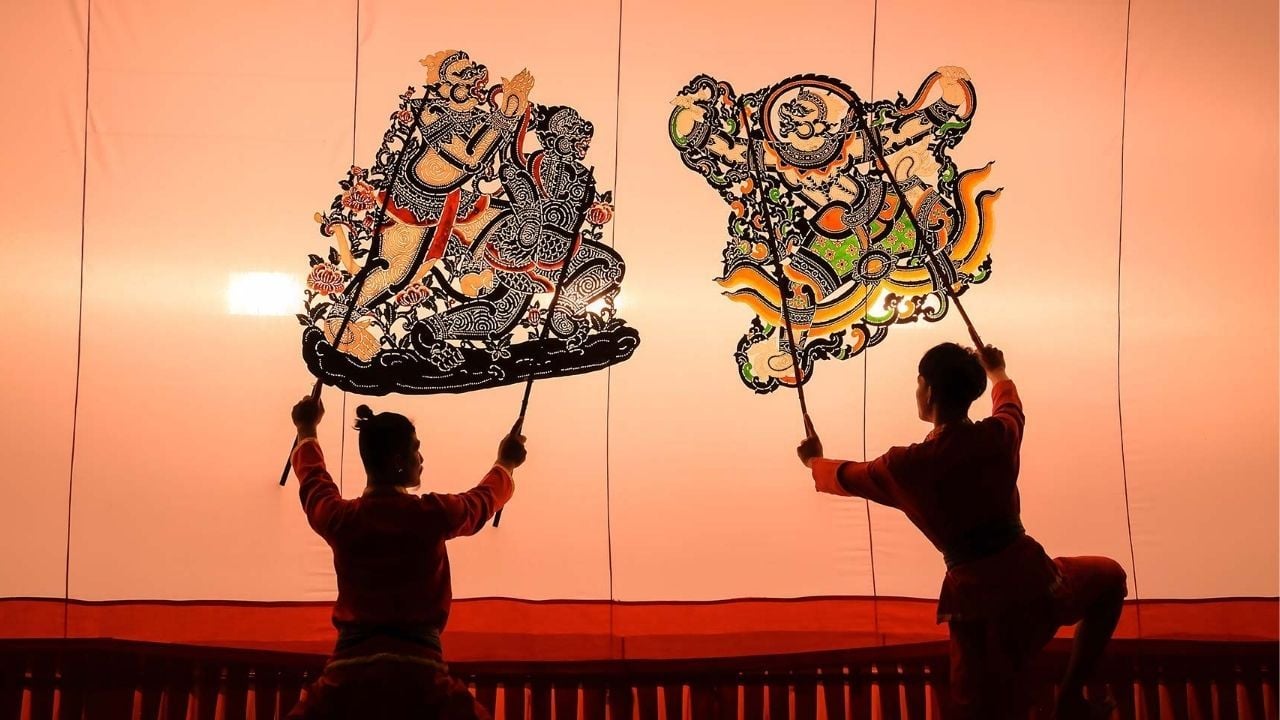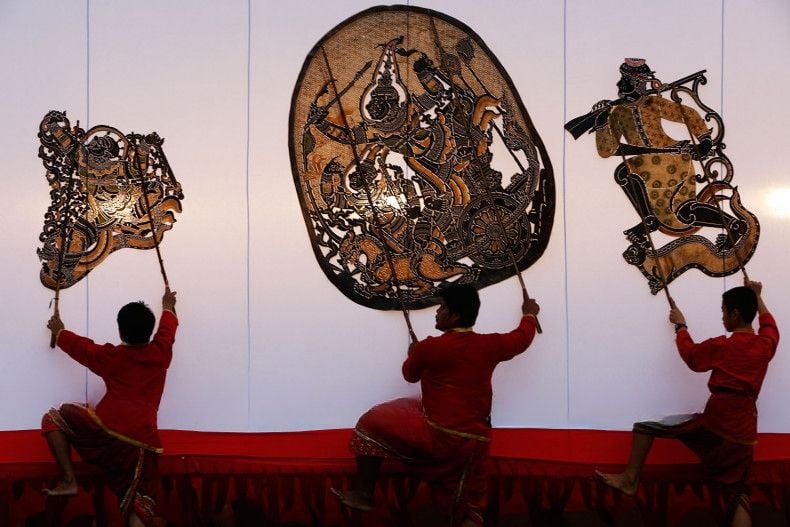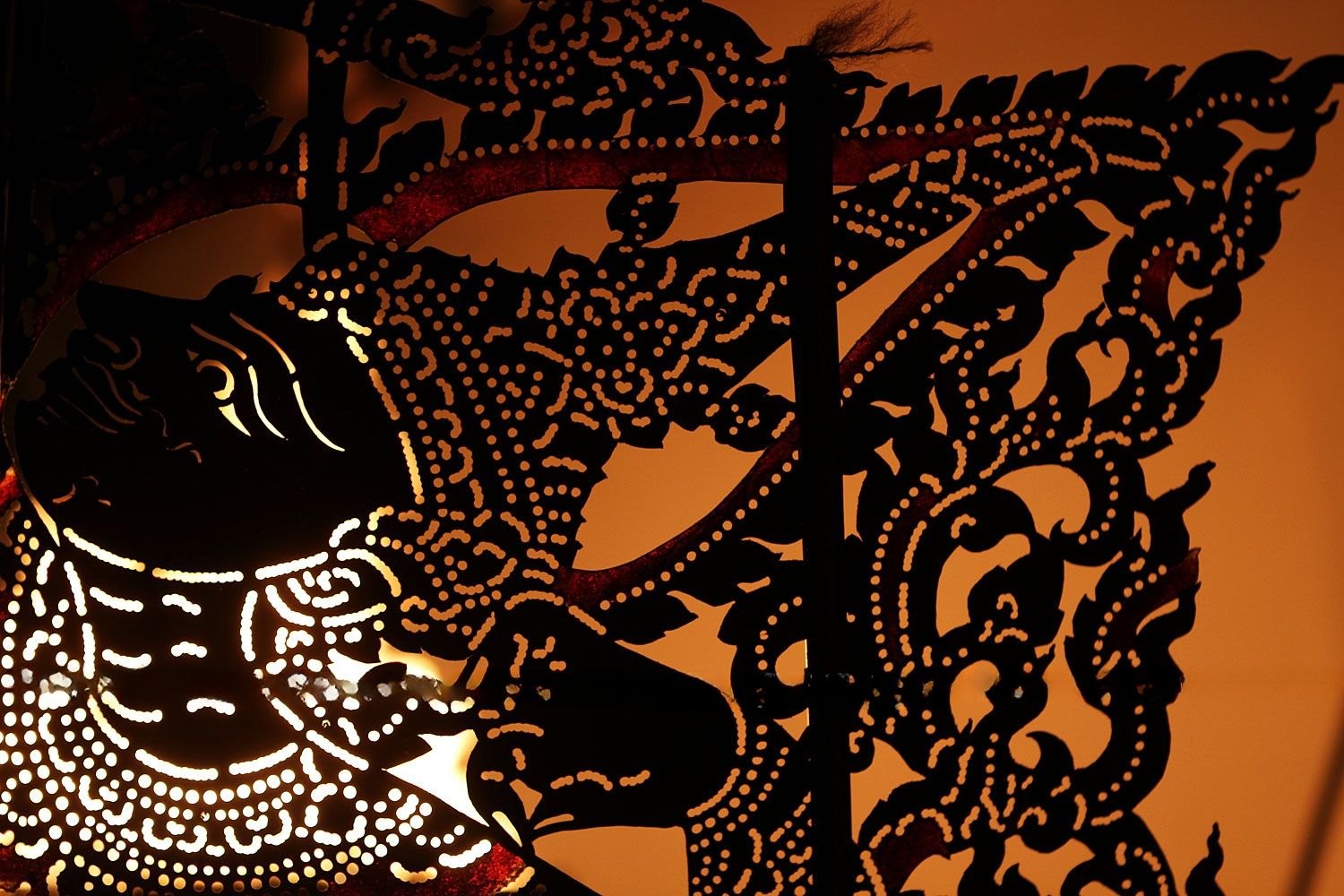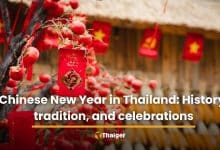Thailand pushes for UNESCO glory with ancient shadow play
Ancient art and rice tradition eyed for global recognition

The Ministry of Culture confirmed yesterday that nang yai, a spectacular shadow puppet performance dating back to the 15th century, will be proposed for UNESCO’s Register of Good Safeguarding Practices by March 2026.
Suspended Prime Minister Paetongtarn Shinawatra, currently overseeing the ministry, said the campaign is officially titled the Community-based Revitalisation of Nang Yai Tradition in Thailand (CRNT).
She described the effort as a “blueprint for keeping cultural heritage alive,” highlighting its importance at the community, national and international levels.
“Nang yai is not just performance art—it is a living legacy of Thailand’s history, spirituality and creativity.”
The plays, inspired by the Ramakien—Thailand’s version of the Ramayana—use giant leather puppets carved from calf or buffalo hide. Lit by fire, the puppets cast dramatic shadows to retell epic tales of gods, demons and heroes.

Once popular at palaces, temples and village squares, nang yai today survives in just three locations: Wat Khanon in Ratchaburi, Wat Sawang Ar-rom in Sing Buri, and Wat Baan Don in Rayong.
UNESCO’s Register of Good Safeguarding Practices currently lists only 40 out of 788 submitted projects. Paetongtarn stressed that getting nang yai recognised would place Thailand among nations setting the gold standard for cultural preservation.
But nang yai isn’t the only tradition in UNESCO’s sights. Thailand also intends to propose khao mao, or flattened rice, as a joint cultural heritage with ASEAN neighbours. The Philippines has invited Thailand to collaborate on the submission, according to Bangkok Post.

Known as duman in Tagalog, khao mao is created by toasting or parboiling rice before pounding it into delicate flakes. A common Southeast Asian delicacy, it is prized for its fragrant, nutty flavour and festive use in regional cuisines.
“The recognition of both nang yai and khao mao would not only protect traditions but also strengthen regional cultural ties.”
If approved, the listings could provide fresh momentum for Thailand’s cultural tourism push, giving ancient practices a new life before global audiences.
Latest Thailand News
Follow The Thaiger on Google News:


























